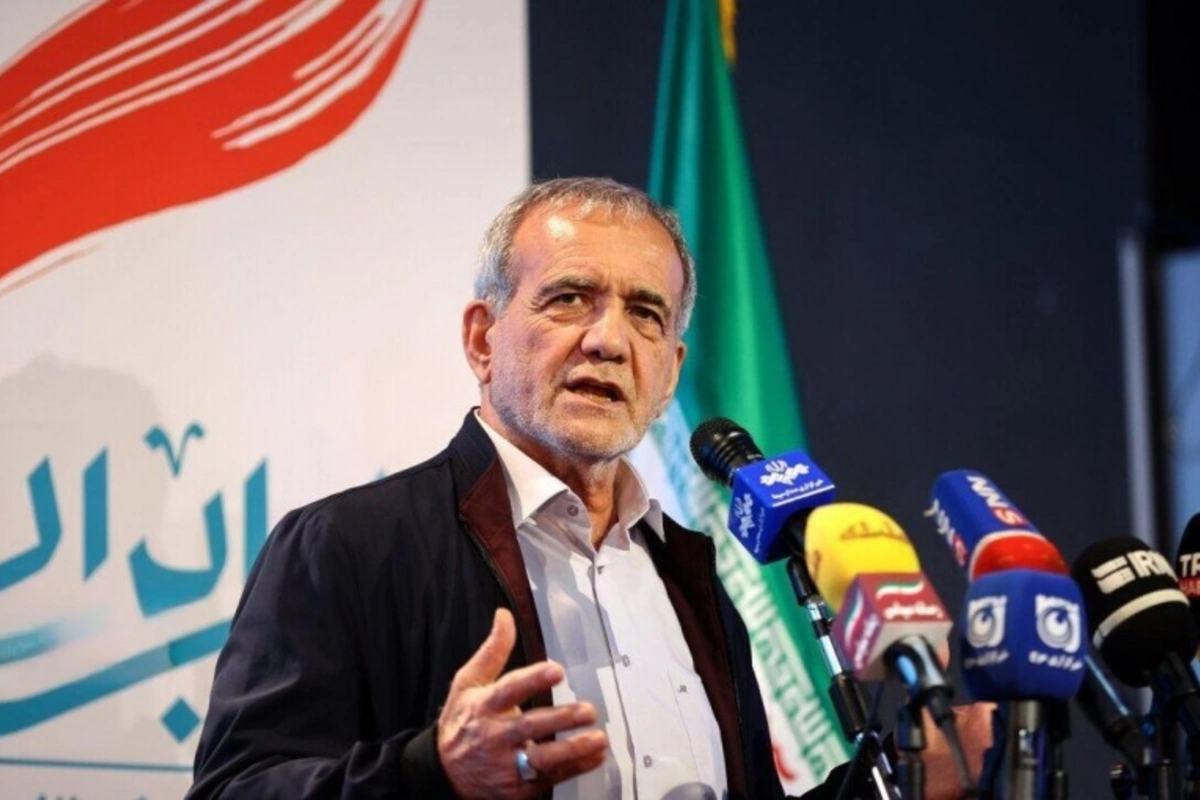
After enduring summer blackouts from surging electricity demand, Iran now faces a natural gas shortage that could disrupt winter power supplies.
Photo: IRNA
Iran's President has defended the implementation of nationwide rolling blackouts, stressing that without these measures, the country faces serious risks this winter due to fuel shortages.
Speaking briefly to reporters on the sidelines of the weekly cabinet meeting on Wednesday, Masoud Pezeshkian said, “Since our [fuel] reserves are low and we may face problems in the winter, we have to adjust the reserves of power plants now to avoid future problems. If we don't think about this now, we might face a significant risk in the winter,” The Caspian Post reports, citing Iranian media.
After enduring summer blackouts from surging electricity demand, Iran now faces a natural gas shortage that could disrupt winter power supplies. With dwindling options, the administration launched a controversial plan to either impose blackouts or turn to mazut for power plants, a pollutant-heavy fuel source that risks further air pollution. However, officials have confirmed that there are also shortages of mazut and diesel.
Iran holds the world’s second-largest natural gas reserves, yet US sanctions have hindered its extraction efforts by restricting investments and access to advanced technology. As a result, Iran's gas production is gradually declining.
According to electricity distribution company managers in various regions of Iran, during the specified hours, electricity will be cut off to all commercial and residential centers, including gas stations, banks, and government offices. The energy shortages have placed Iran’s industrial sector under strain too, as frequent blackouts disrupt production and increase costs.
Earlier in November, the government issued a directive to halt mazut burning at major plants in Arak, Karaj, and Isfahan, hoping to reduce health hazards in densely populated areas. Yet, with mazut still being used in other parts of the country, concerns persist about air quality and its impact on public health.
Oil Minister Mohsen Paknejad also said on Wednesday that the country has made plans to sustain its oil production and export and is ready for possible oil export restrictions from a Trump administration.
Share on social media